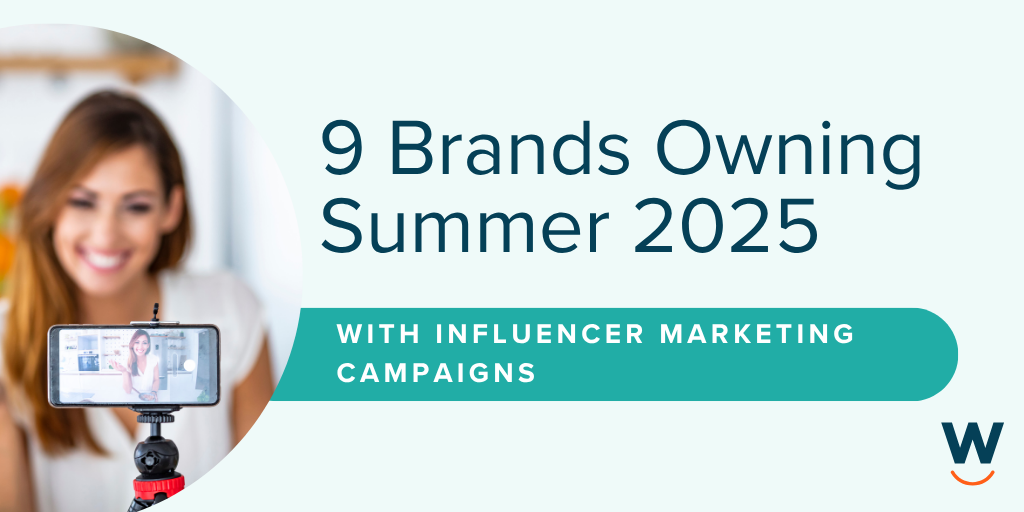
Are You Full Service, Or Are You Full of It?
Marketing is about persuasive storytelling, and the most important story a brand tells is the one it believes about itself. While many agencies have persuaded themselves that they’re full service, just because they say it doesn’t necessarily make it so.
So what does “full service” even mean? If you define it as providing every service an agency could provide, you’re going to have a tough time finding any agency that qualifies. The list of services is simply too big for any one agency to do it all – and prospective clients would likely be wary of any agency that claimed it could excel at every service.
A full service agency could offer:
- Creative – design, podcasts, video and copywriting
- Search engine optimization and marketing
- Web development and management
- Content development and marketing
- Social media management and influencer marketing
- Media sales, including programmatic, OOH, print and broadcast
- Mobile app development
- Public relations
- Direct response marketing
- Events management
Your agency probably offers some of these services; most likely not all. And that’s okay. Nobody expects you to do it all, but your clients have a right to expect competence—and even expertise—in the services you do offer. When you’re prospecting for new business, understanding what you offer is important; understanding what you don’t or can’t offer can save you from dissatisfied clients, lost business and damaged professional reputation down the line.
As an agency you solve some very specific problems. The story of what your agency offers is rooted in the problems you solve better than anyone else. To be profitable, you have to sell the value you offer (your story), but figuring out what that is—or should be—means being brutally honest with yourself around a few tough questions: How do you differentiate yourself? What is your value proposition? Can you sell that value?
How do you differentiate yourself?
Differentiation requires you to take an objective look at your customers and your market. Compare yourself to competitors across a broad spectrum of client needs to determine where you offer the best service, where your competitors beat you and whether you want to compete on that feature. How you differentiate yourself should focus on the benefits your customers derive from using your agency instead of a competitor’s. If your clients rave about how your creative helped them double their billings from the previous year, that’s what you talk about. It’s not simply what you do, but what you do that helps your clients grow—and which your competitors can’t match.
Depending on how you’ve positioned your agency, you might want to differentiate on any number of features: QuikTrip uses store consistency and cleanliness to persuade customers to use its gas stations; Apple uses an intuitive user interface and shallow learning curve; PhotoShop leads its market by providing the most powerful photo editing; cellular providers use coverage (either square miles or percentage of population) to sell their services. Differentiation on pricing alone can be tricky, unless you’re Wal-Mart. If you drive your brand to the lowest price possible you have to make up for low margins by increasing sales volume, and when you’re setting yourself up to be perceived as the “value” brand, you may also be perceived as lower quality.
Do you know your value proposition?
A value proposition is a short statement that tells a prospect how your agency benefits its clients, and who those clients are. Focus on the why your agency exists, like “to consistently rank our clients top of search results pages” over what you do, like “organic search optimization.” The value, or benefit, you express can be what you add to your customer’s life, but you can also focus on the hassles your product removes from their life. A great value proposition statement will capture your attention and be clear and short. You might even want to approach writing it like you would an email subject line or blog title.
“A great shave for a few bucks a month. No commitment. No fees. No BS.”
— Dollar Shave Club
“Small business accounting software designed for you, the non-accountant.”
— FreshBooks
“Skype keeps the world talking for free. Share message and call – now with group video on mobile and tablet too.”
— Skype
“Winmo is a prospecting tool that provides actionable sales intelligence for companies looking connect with national advertisers and their agencies.”
— Winmo
Just Google your favorite products and you will likely see value propositions on their homepages. And when you have it, make sure your value proposition is tied into everything you do. Make sure it’s tattooed on your new business teams’ arm (not really, but maybe), and throughout every piece of your sales and marketing outreach.
Can you sell your specific value?
When you’re selling your services, you have to connect the dots between the customer’s need, the way your agency meets those needs, and the value you can bring beyond that solution. If you’ve done a good job in identifying how you differentiate yourself in the market, and against your competitors, this part should be easy.
What’s critical here is consistency. Don’t let the time you spent discovering, writing and refining your value proposition go to waste by using something else in your messaging. People are human, and new habits don’t happen overnight, so you may have to continually reinforce your value proposition with your sales team. If they aren’t articulating what your company can do—telling your story—using the language you worked so hard to nail down, it’s only a matter of time before every agency is “a digital agency,” with no outward reason for clients to choose one over another. And that’s why you’re not seeing your new business team convert prospects into clients.
A sales team that understands what your agency can do—and what it can’t—is going to be more able to target prospects that will end up as clients. It’s about getting the right message in front of the right audience, because this is what drives successful agencies to better results. To make it easier to find those influencers and decision makers, there are literally dozens of tools at your disposal, so you never have to feel like you’re in this alone. From CRMs to marketing automation to sales intelligence to help you target the right person, there’s a piece of software to help you get the job done – even if that job is creating a new business strategy.
Ok, so you’re not full service. But that doesn’t mean you’re full of it, either. Above all, remember that you are not the only vendor your prospects are considering. Clearly identify what your agency does better than others and sell that to the brands you have an explicit right to win new business from.
It all starts with simply figuring out what your story is.



